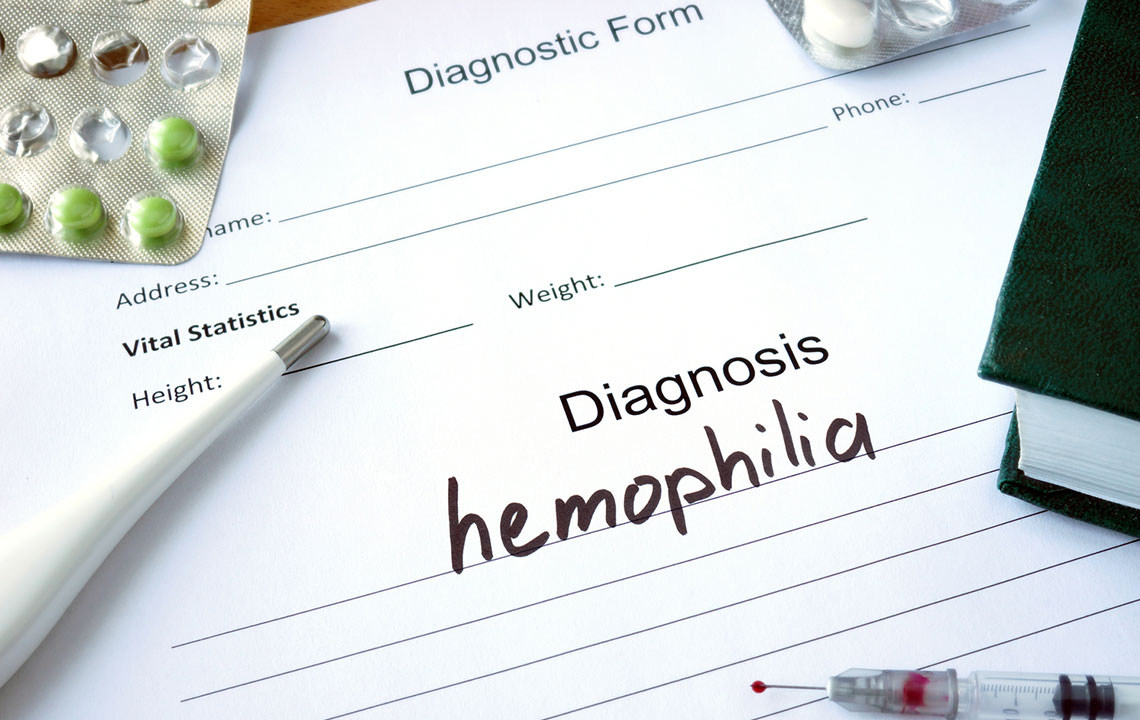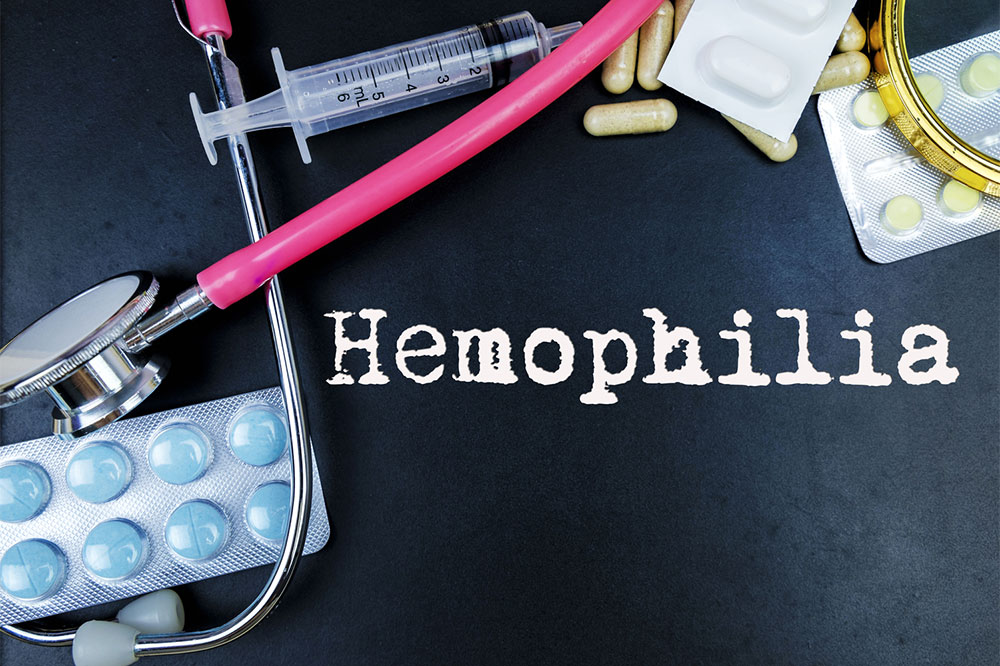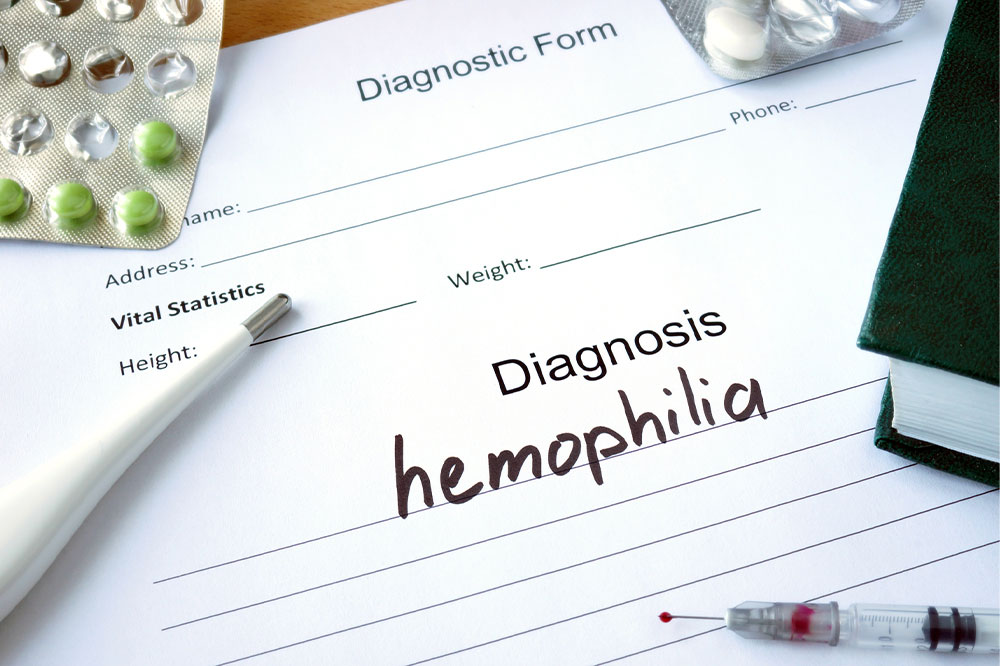Key Considerations for Managing Hemophilia Effectively
This article outlines essential considerations for managing hemophilia, including the importance of specialized treatment centers, self-care strategies, and support for children. It emphasizes the significance of awareness, prevention, and coordinated care to improve quality of life. Proper education and preparedness are crucial for patients, families, and caregivers to handle this genetic condition effectively, minimizing complications and promoting well-being.
Sponsored

Essential Aspects of Living with Hemophilia
Hemophilia is an uncommon genetic disorder where blood lacks the normal clotting factors, leading to impaired blood clotting. It isn’t contagious, and individuals inherit it through their parents' genes, although some cases emerge without a family history, known as sporadic hemophilia. The condition significantly impacts daily life, and current treatment options are limited in fully restoring normalcy. Awareness of key management strategies is crucial for improved quality of life for those affected.
Below are vital factors to understand when living with hemophilia:
Specialized Hemophilia Treatment Centers (HTCs) - These centers provide critical resources, support, and expert care. Over 100 funded HTCs operate across major hospitals and research facilities, helping patients and families understand the condition, treatment choices, symptom management, and support systems. Patients treated at HTCs tend to experience fewer bleeding events and hospital stays, benefiting from comprehensive care involving doctors, nurses, social workers, and specialists.
Personal Self-Care Strategies - Managing hemophilia requires strict adherence to prescribed treatments, regular medical checkups, and awareness of bleeding signs. Communicating with caregivers, employers, and gym staff about the condition ensures preparedness for emergencies. Dental visits should also be scheduled regularly, and maintaining records of treatments is essential for managing crises effectively.
Supporting Children with Hemophilia - Parents should connect with support groups that offer emotional support, education, and activities tailored for children with hemophilia. Collaborating with health professionals provides necessary treatment knowledge and preventive strategies. Educating the child about their condition and safety measures like wearing protective gear and avoiding hazards helps prevent injuries. Keeping emergency supplies, such as cold packs, at home is also recommended, along with informing caregivers and teachers about emergency protocols.
Understanding symptoms of bleeding and being prepared for emergencies are vital. Ensuring that caregivers and school staff are aware of how to respond can make a significant difference in managing hemophilia effectively.






